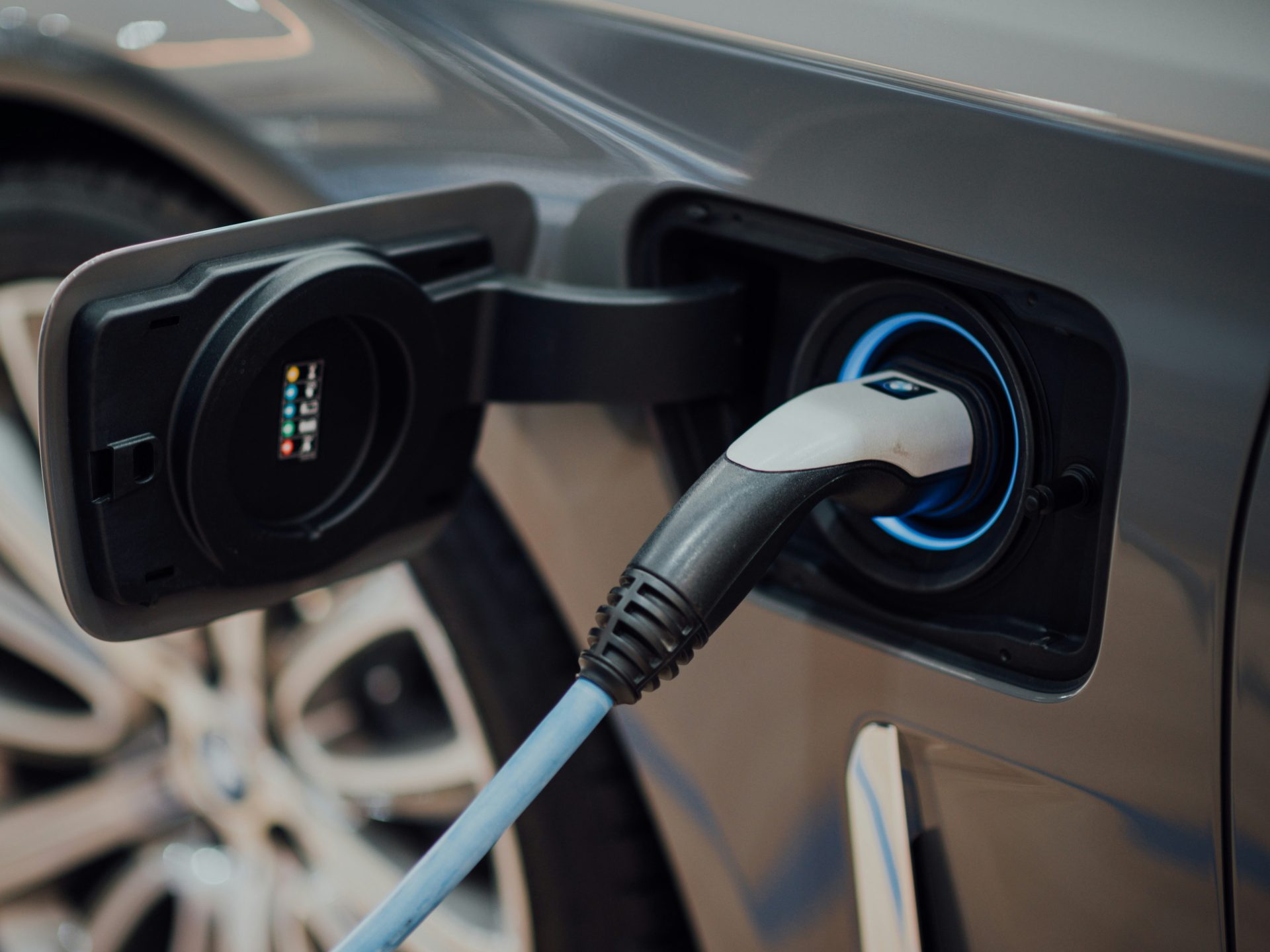Share this article
Image credit: Unsplash
The UK government has announced a new mileage charge for electric vehicle owners.
Today’s Autumn Budget, delivered on World Sustainable Transport day, confirmed that EV drivers will pay a new tax of 3p per mile while plug-in hybrid electric vehicle (PHEV) drivers will pay 1.5p per mile, with rates rising with inflation. The government forecasts the typical EV driver to pay an additional £240 per year when the system is introduced.
The tax is said to ensure EV drivers fiscally contribute to road maintenance in the same way as petrol and diesel drivers. Vans, buses, motorcycles, coaches and HGVs will not be included when the policy launches.
The Office for Budget Responsibility (OBR) estimates that the tax will raise around £1.1bn in 2028-29 and describes it as approximately half the fuel duty rate paid by drivers of petrol cars.
Steve Gooding, Director of the RAC Foundation, told Zag Daily the announcement “was inevitable given the reliance the Chancellor has on motoring taxation income,” but warned that the official impact assessment shows the tax “will impact sales of new EVs – with 120,000 fewer EVs sold over the next five years than would have been the case otherwise.”
Edmund King, AA president, also reacted to the announcement, stating the Budget “has put drivers at a fork in the road with the Chancellor announcing major tax proposals for EV owners. Drivers fully understand that the Government needs to get the balance right between raising cash for roads investment, whilst ensuring it doesn’t slow down the transition to electric cars in order to meet environmental targets.”
The government has launched a consultation into how the new Electric Vehicle Excise Duty (eVED) will operate in practice. It says the system will protect drivers’ privacy and will not involve reporting where or when journeys are taken.
Gooding said one practical challenge will be mileage verification. He pointed to a current proposal under consideration that “new cars, those less than three years old, will need to make a special annual trip to an MOT centre just to get mileage checked.” He added that while fuel duty is difficult to evade, “ensuring compliance with the eVED system will be a challenge.”
He also raised fairness concerns for plug-in hybrid drivers. Gooding noted that “1.5p per mile for those PHEV drivers who do most of their trips on electric power will seem a good deal. But those who are largely dependent on the petrol or diesel engine will effectively be double taxed through both fuel duty and the per-mile charge.”
Revenue will contribute to a new long-term funding commitment for road maintenance. By 2029-30, over £2bn annually will be committed to local authorities for road repairs, resurfacing and pothole work, funded partly by the eVED.
Alongside the new tax, the government has set out a number of measures targeted at EV uptake. The Electric Car Grant, introduced in July, has supported more than 35,000 drivers and will be extended to 2029-30 with an extra £1.3bn of funding. From April 2026, the threshold for the existing Vehicle Excise Duty (VED) Expensive Car Supplement will rise from £40,000 to £50,000, which the government says will save over one million motorists £440 per year. The VED Expensive Car Supplement is a surcharge added to the annual Vehicle Excise Duty for cars above a certain list price.
Support for automotive manufacturing has also been expanded. The Drive35 programme has been extended with an additional £1.5bn through to 2035 to develop the UK’s zero-emission supply chain.
The Budget introduces further measures relating to charging infrastructure.
An additional £100m will support the installation of home and workplace charge points on top of existing funding. A further £100m will help local authorities deploy specialist staff to expand the public charging network. The government will also consult on permitted development rights for cross-pavement charging to reduce access barriers for households without driveways.
There will be a 10-year business rates exemption for eligible EV charge points and EV-only forecourts. First year allowances for zero-emission cars and charging infrastructure will be extended by one year. The government will also review the cost of public EV charging, assessing energy prices and wider cost pressures. The review will begin in early 2026 and report later that year.
The government says the combination of the new tax, grant funding and charging policy will support the EV transition while contributing to long-term investment in road maintenance. Further detail on the tax design and charging rollout will follow through new consultations and reviews already announced.
Share this article
Photography by
Most read
ADVERTISING
Follow us on











